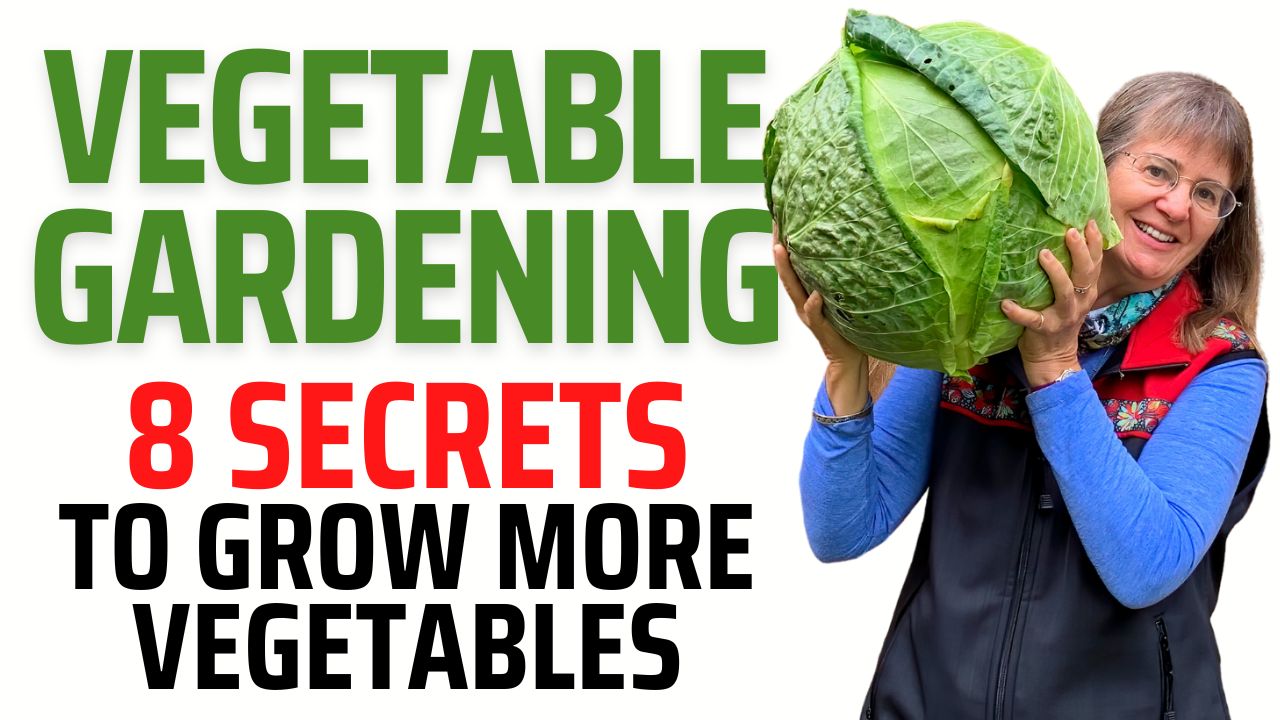
Vegetable Gardening: 8 Secrets to Grow More Vegetables is a list that covers common garden problems and how to fix them.
When you follow the eight tips outlined in these checklists, you'll save time, money, work, and you'll avoid unnecessary headaches in your vegetable garden! Let's get started!
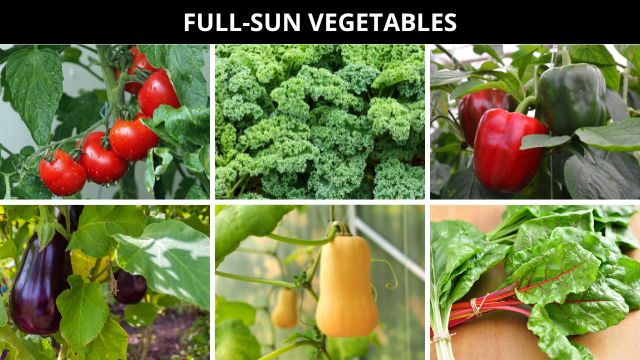
1) Weather is too hot
Most plants grow best in temperatures ranging from 59°–86°F.
When temperatures climb above 90°F, plant growth slows and some plants become stressed.
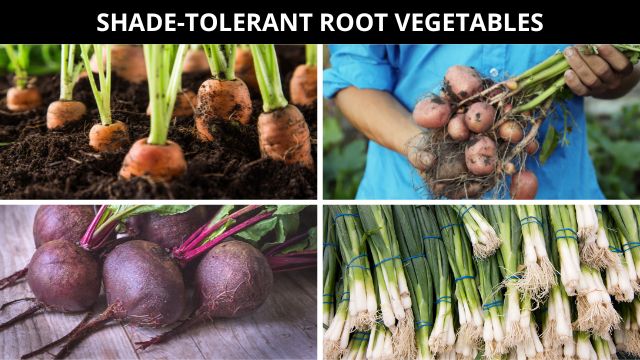
2) Not enough sun
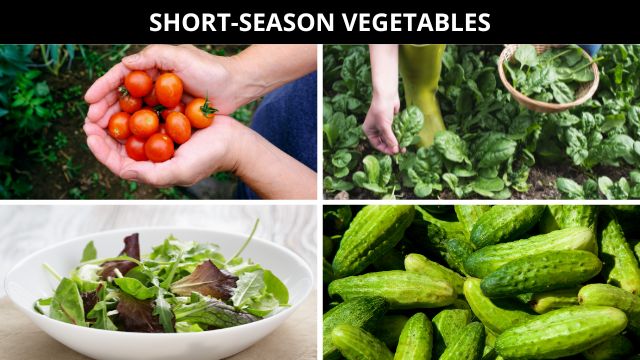
3) Short growing season
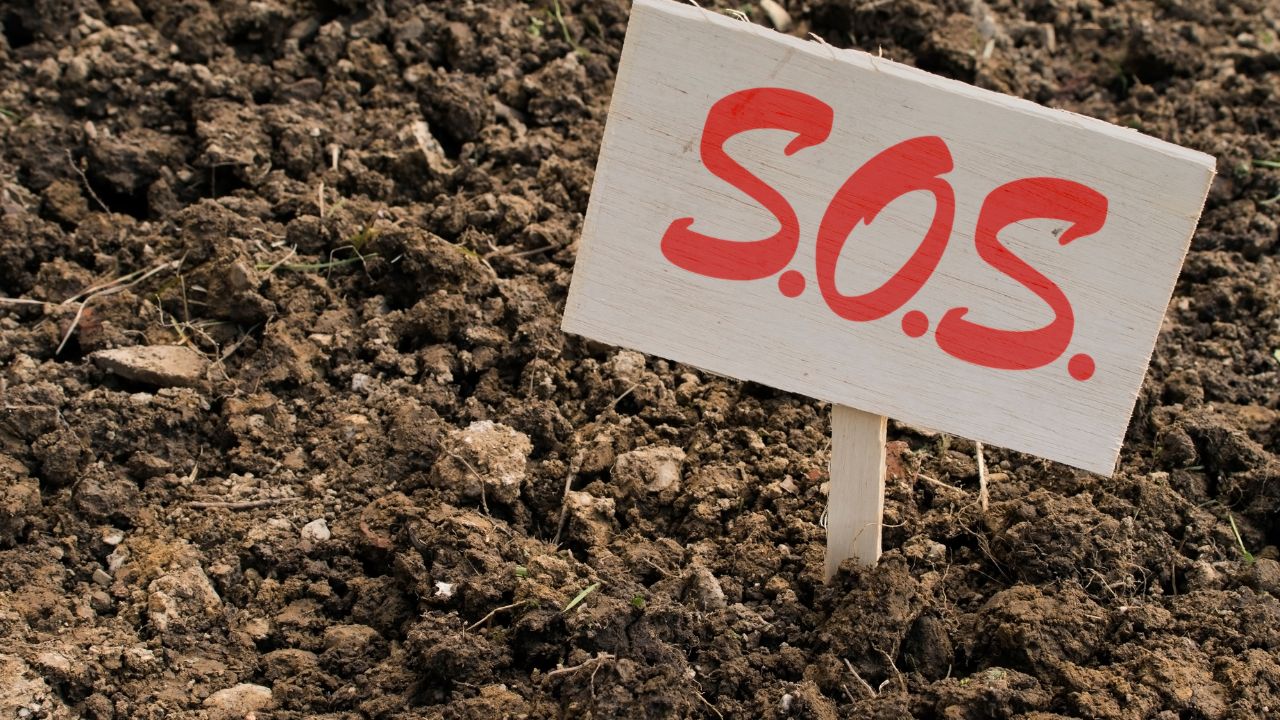
4) Poor soil
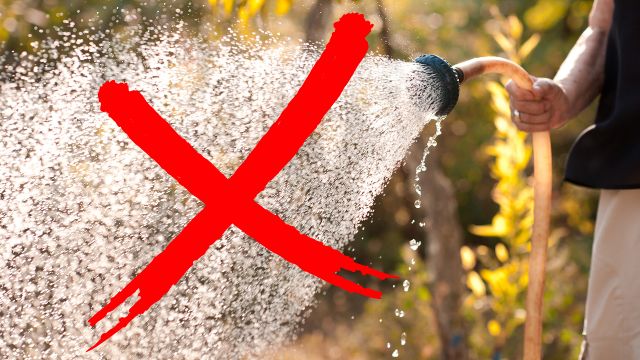
5) Inconvenient water access
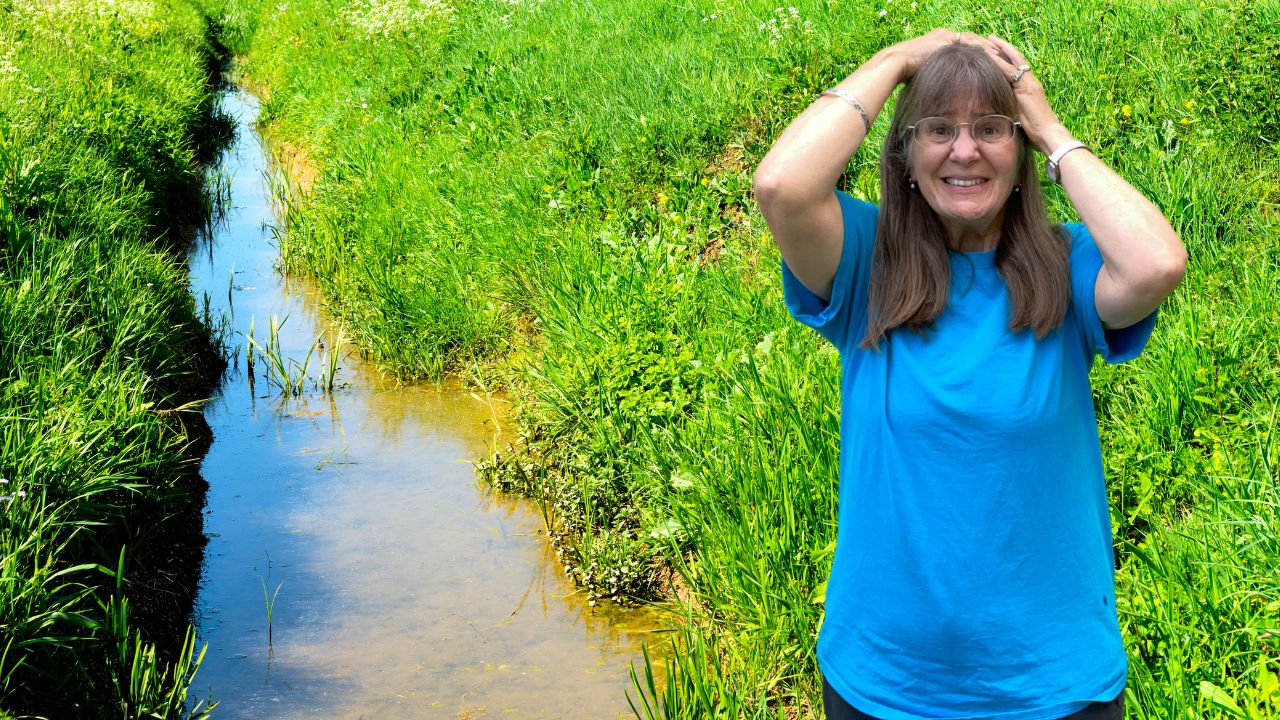
6) Soil drains poorly

7) Strong winds
Enjoy this article? You might also enjoy these:
"Vegetable Gardening: 8 Secrets" - by Marion Owen
Who is Marion Owen?
Learn the fine art of nurturing your dream garden using organic methods that have been fine-tuned over 35 years by Marion Owen, New York Times bestselling author.
Gardening techniques that have been proven to work by Marion's students longing for their own dream garden in landscapes as diverse as North America, India, Europe, UK and Australia.
Finally, you can throw away all those harsh chemicals, as Marion only teaches methods that are in tune with Mother Nature!
Marion Owen's approach to fulfilling your dream garden will save you hundreds of dollar. At the same time bring natural vitality to you, your family and the planet.
Start to grow flowers, herbs and vegetables using a methodology in harmony with the natural environment.

